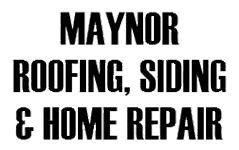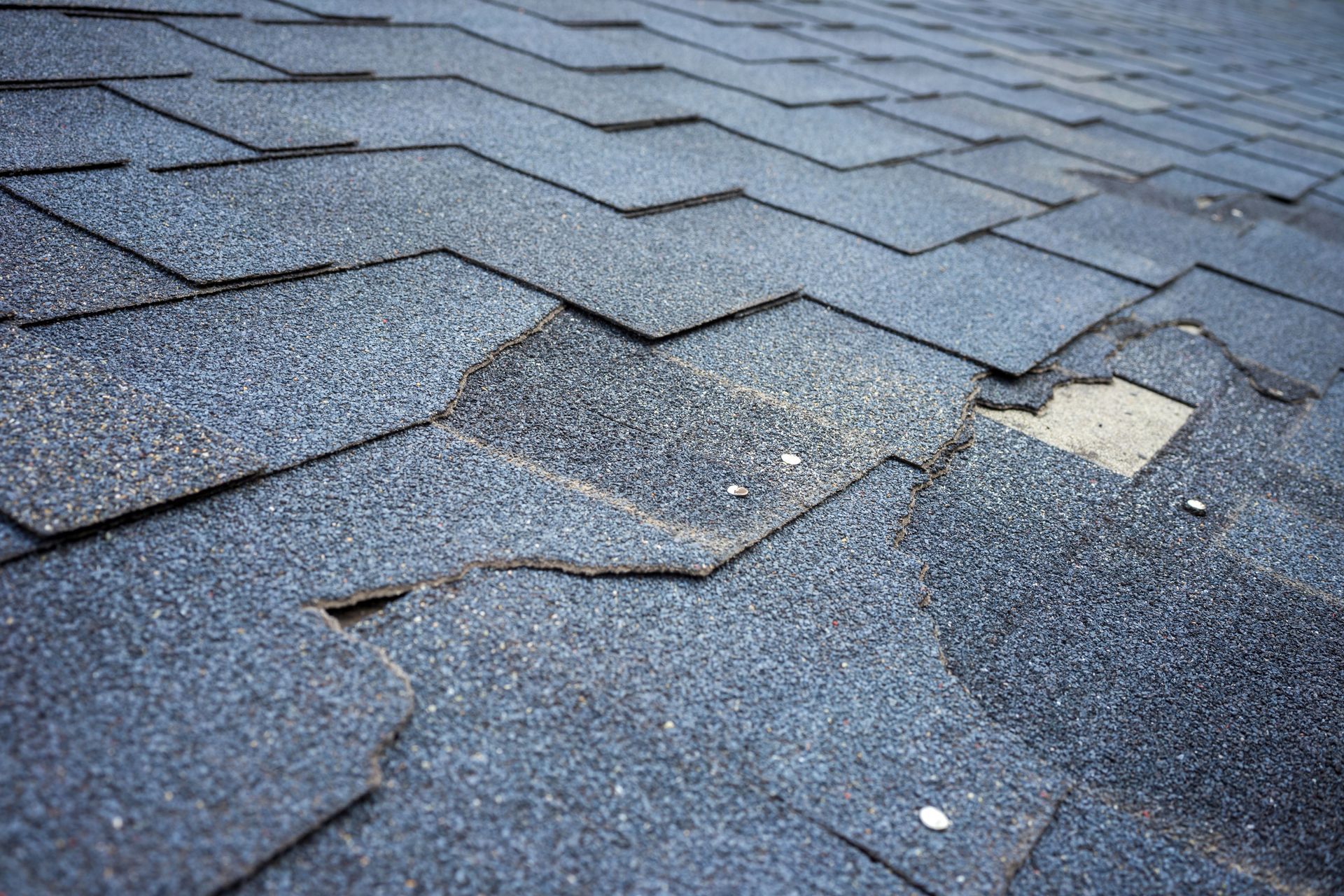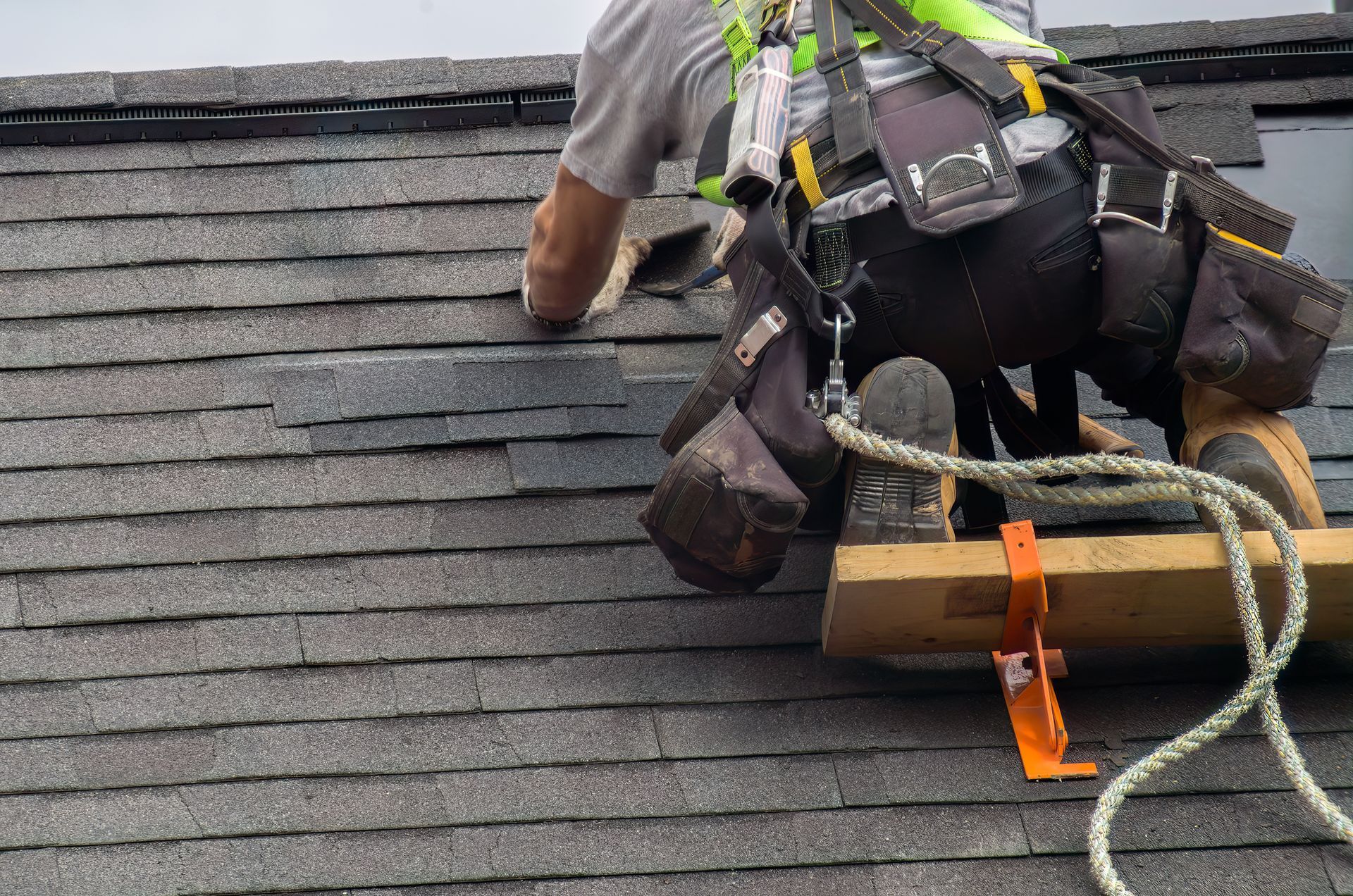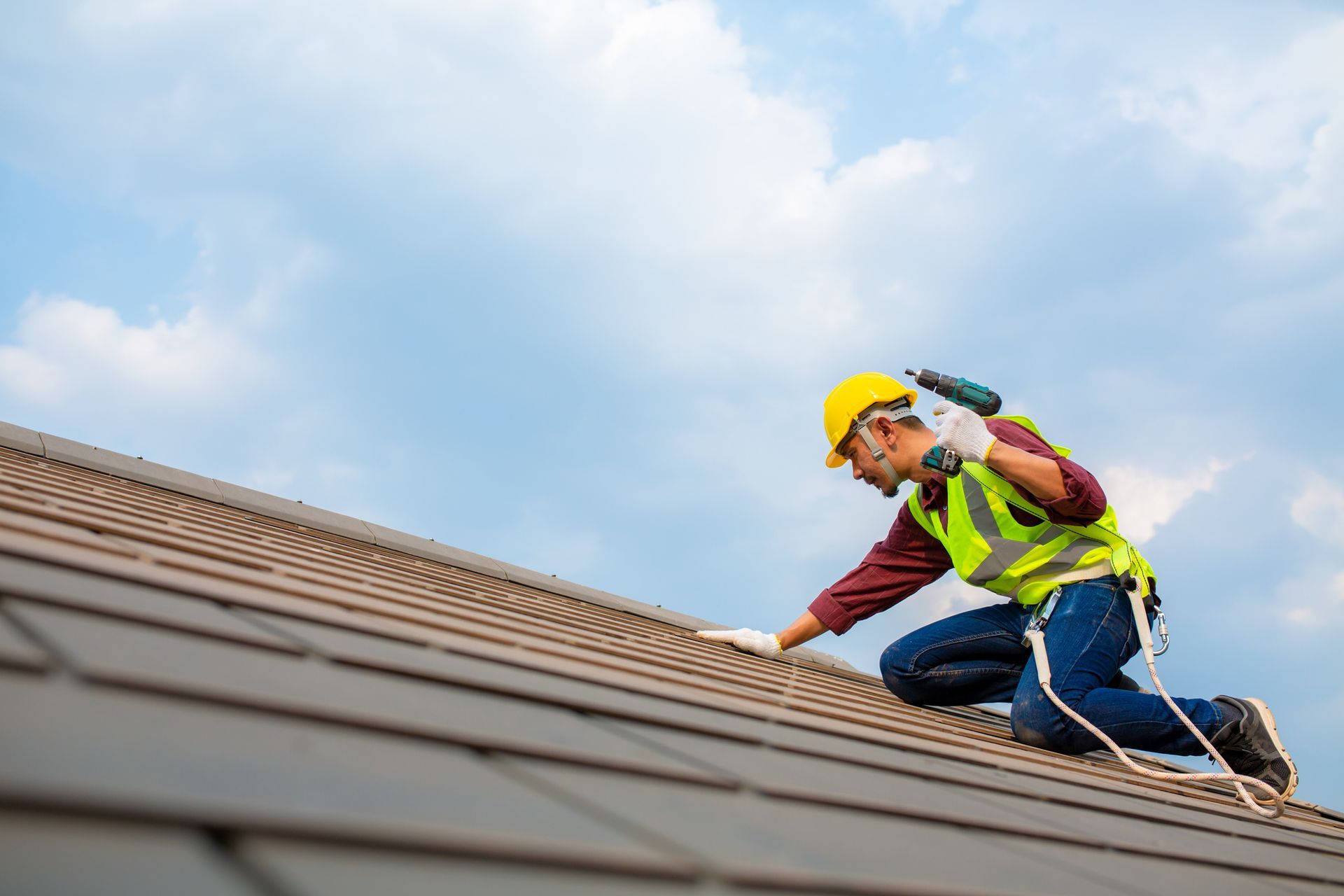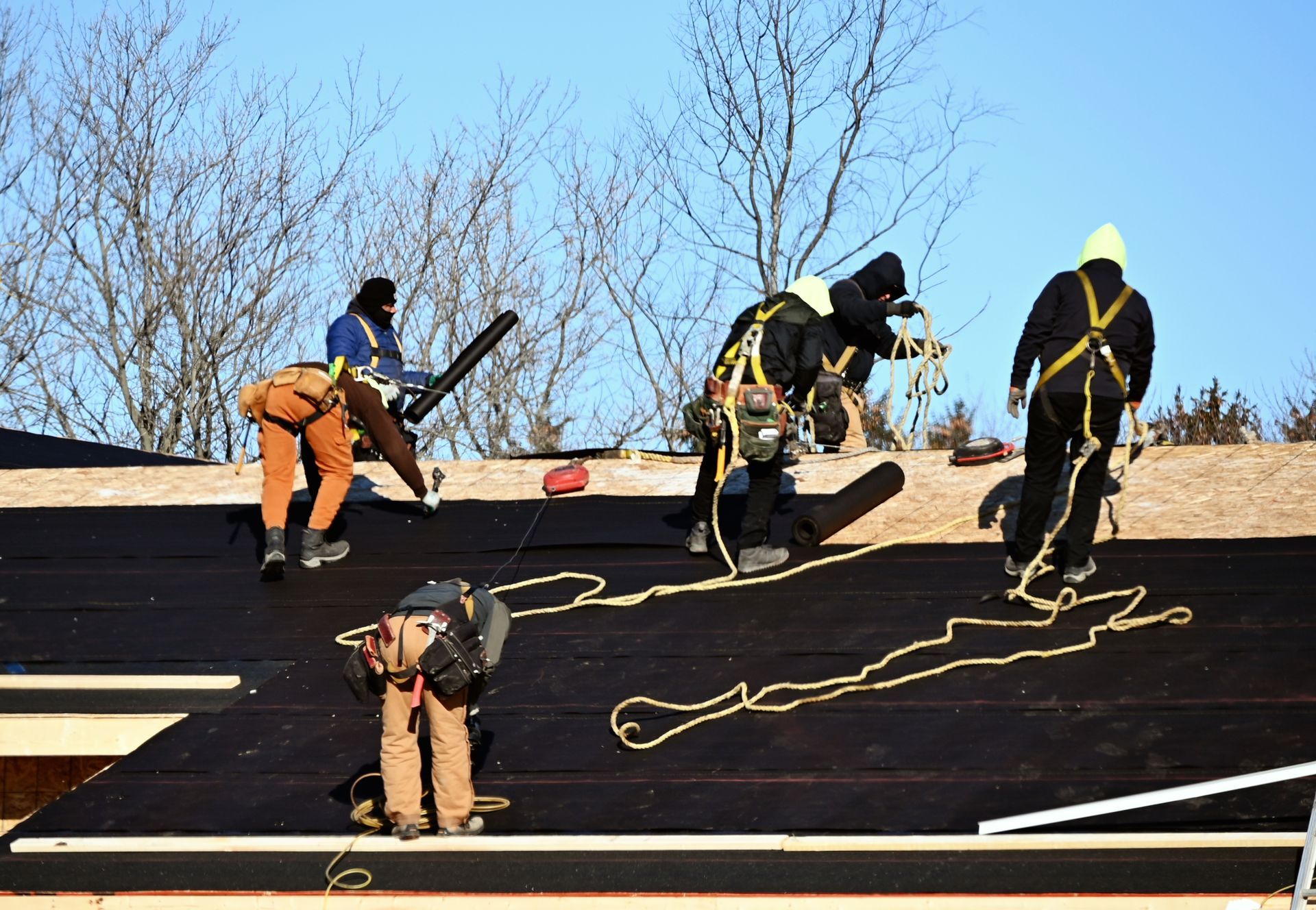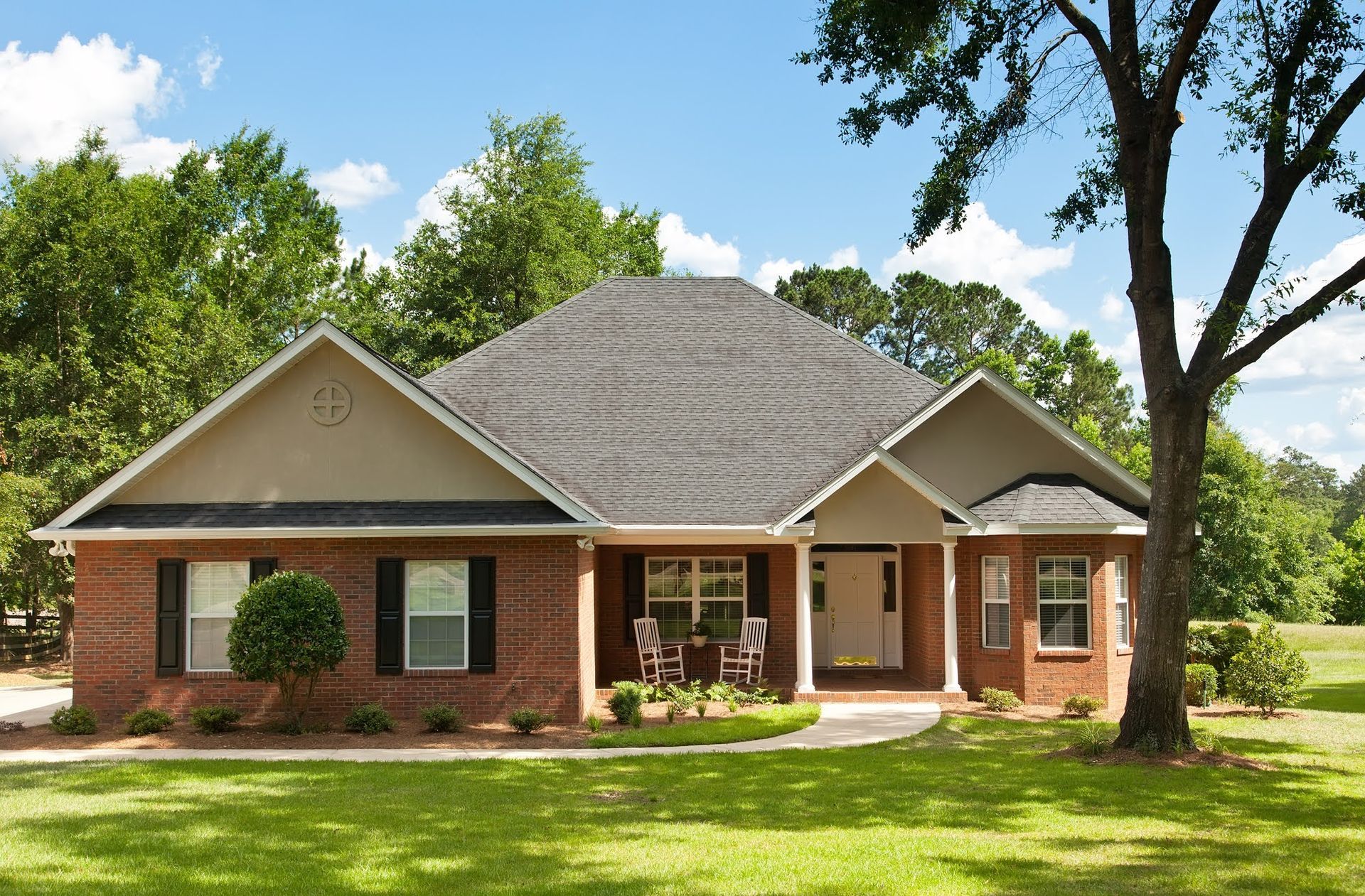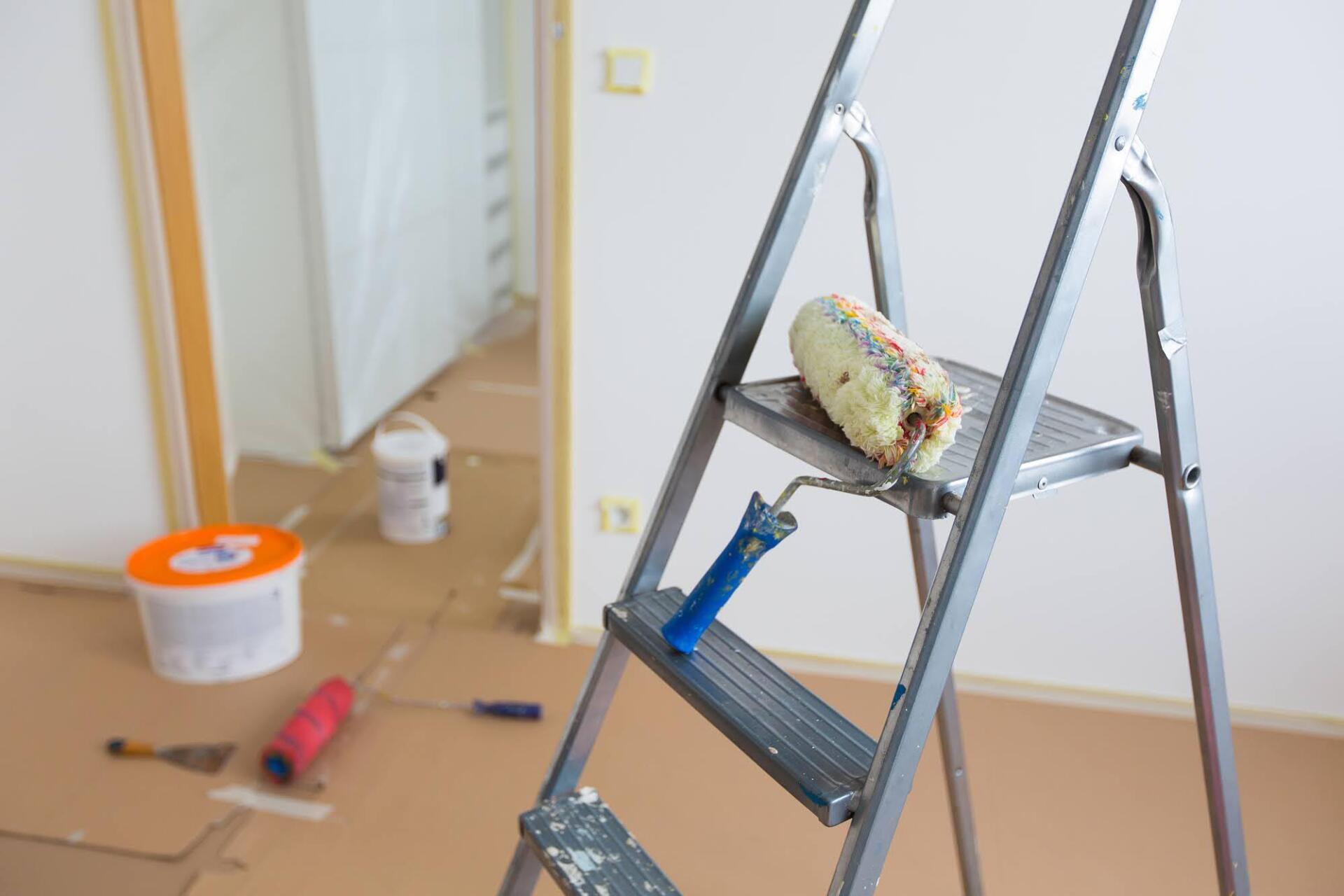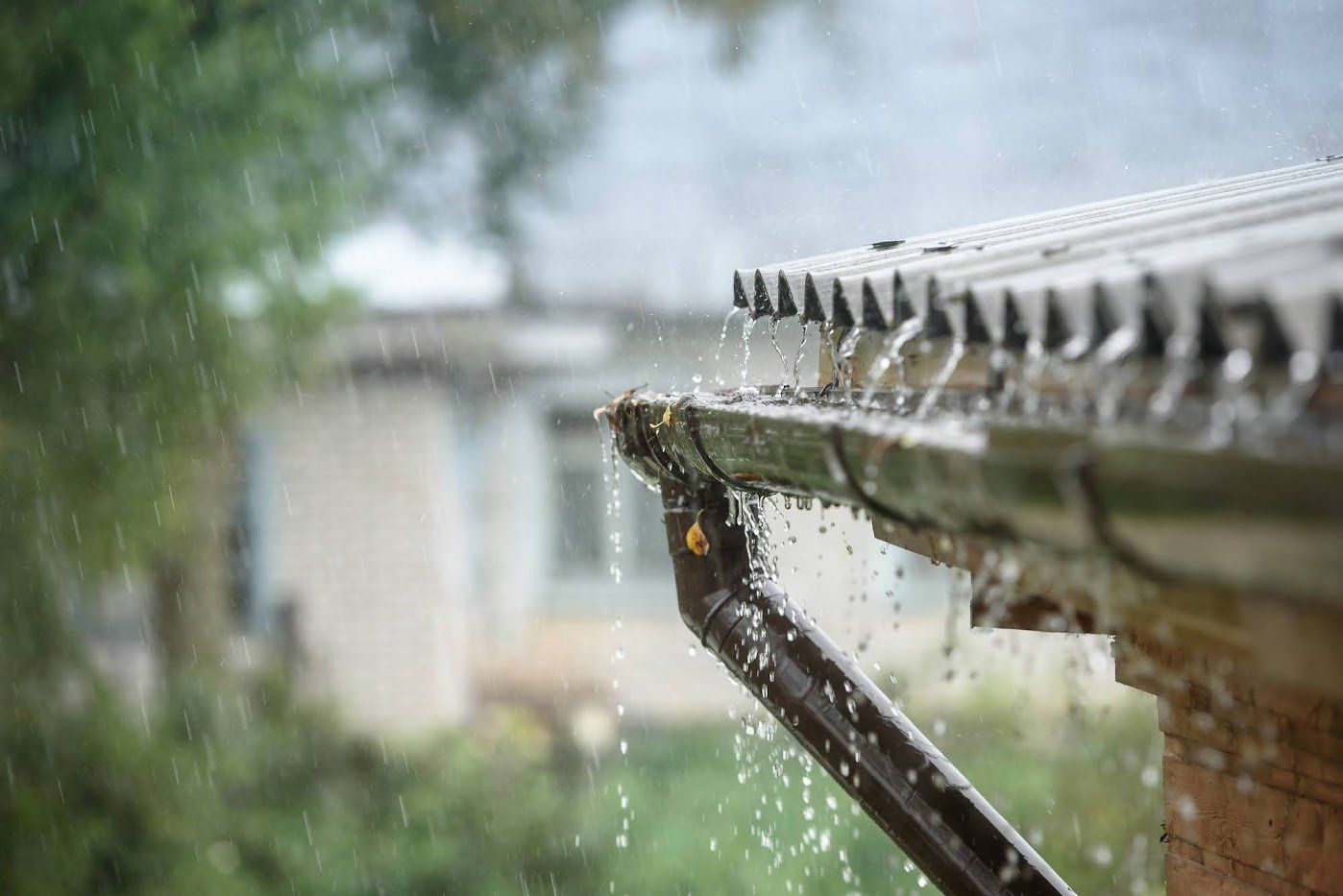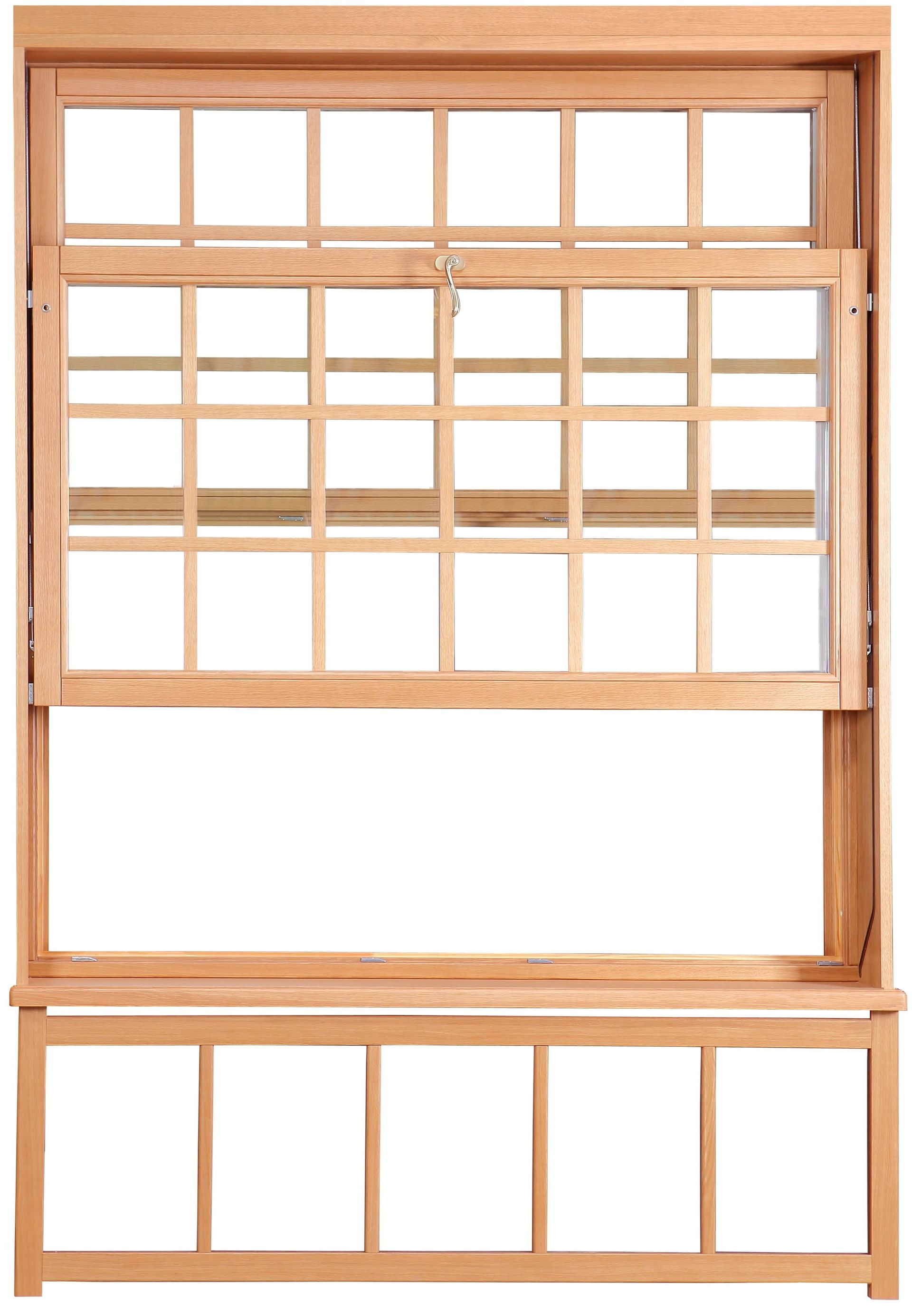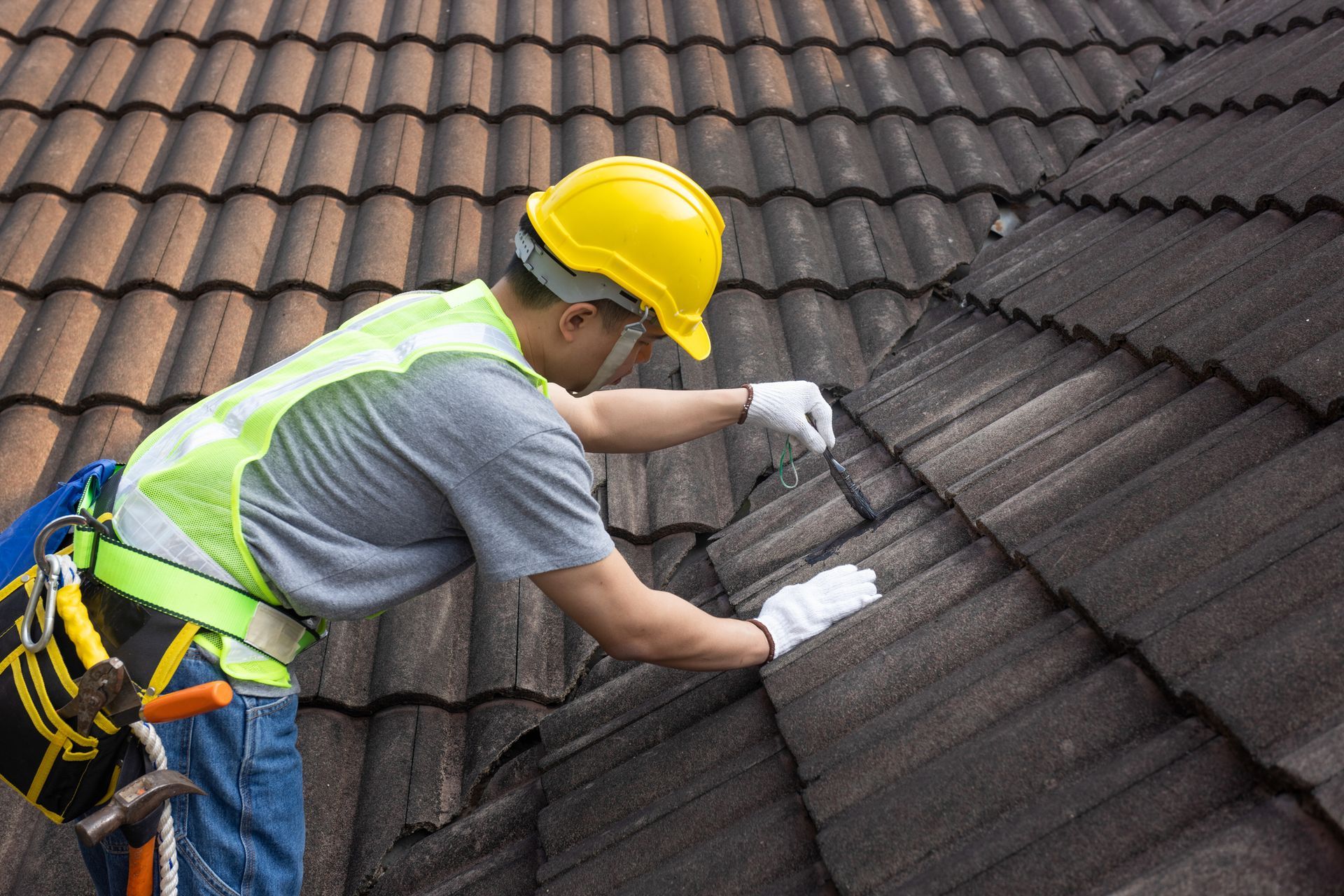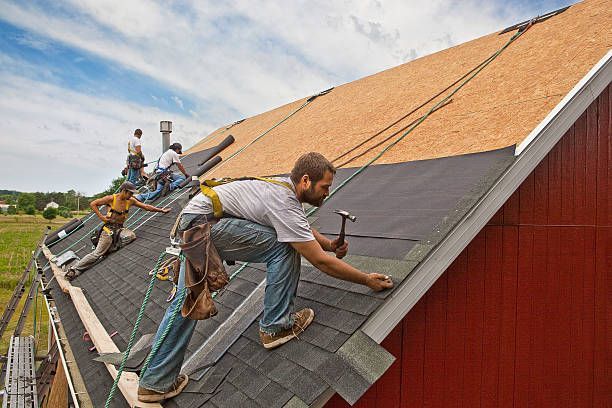6 Common Types of Drywall and Their Applications
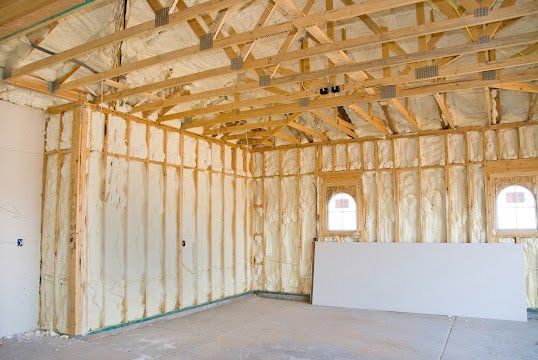
Drywall is a construction sheet made of gypsum and used to cover walls and ceilings. When constructing a home or remodeling your current residence, you can use various kinds of drywall for different rooms. Explore the typical kinds of drywall panels below.
1. Regular Drywall
Contractors popularly use whiteboards or regular drywall in residential and commercial projects because it is the cheapest drywall application. This type of drywall lacks any special enhancements, but it gets the job done.
Manufacturers sandwich regular drywall between two paper sheets and offer different thicknesses for various uses. Standard drywall is 1/2-inch, but you may need 1/4-inch or 3/8-inch for curved walls.
Home improvement stores sell regular drywall in 4×8 panels since most houses are 8ft. However, most commercial projects require drywall lengths of up to 16 ft., while smaller home repairs require 2×2 ft. panels. If the nearest improvement store has limited options, ask if they can cut them to your desired size.
2. Mold-Resistant Drywall
Mold growth is a typical concern among homeowners as it causes health problems and eats away at drywall, wallpaper, carpet, and other house structures. Mold-resistant drywall discourages mold growth in kitchens, bathrooms, and other humid areas.
Mold relies on organic food sources, moisture, and oxygen to thrive. The paper facings on standard drywall act as the organic food source, while the drywall also absorbs moisture if the bathroom and other rooms stay humid for too long. These conditions facilitate mold colonization, resulting in high mold removal costs.
The green board is the most common mold-resistant drywall, which features a wax coating to resist moisture. Manufacturers are phasing out green boards in favor of superior moisture-resistant drywall.
3. Fire-Resistant Drywall
While all drywall resists fire, different types perform differently when exposed to intense flames. A significant portion of the gypsum in drywall is water, which slows down fire progression. In case of fire, water is slowly discharged as steam, preventing the drywall from igniting immediately. Once the heat vaporizes all water, standard drywall heats up and starts to burn.
Fire-rated drywall resists fire for longer, gives your family time to escape, and increases the chances of firefighters arriving before extensive damage to your home. Type X drywall features several thickness layers to resist fire, and contractors use them in commercial projects, bedrooms, garages, and apartment complexes.
Type C drywall provides more fire resistance by using greater quantities of non-combustible materials like vermiculite and glass fibers. The drywall also has anti-shrinkage properties and offers four hours of fire resistance.
4. Soundproof Drywall
Soundproof drywall features a similar thickness to standard drywall but with extra layers of gypsum, ceramic, plastic polymers, glue, and other materials. These layers increase the Sound Transmission Class (STC) and discourage the transmission of noise and vibration between rooms.
This drywall is stiffer and more expensive than regular drywall but doesn't require special installation. Contractors recommend soundproof drywall for music rooms, family rooms, and areas where noise is a nuisance.
5. Paperless Drywall
Paperless drywall is a great option for kitchens and bathrooms because it replaces paper facings with fiberglass. Fiberglass affords this drywall resistance to mold, mildew, and moisture, but don't use it in places with direct exposure to water. The drywall's soft texture also lends a clean finish when leveled with a joint compound.
6. Cement Board
Cement board works well for wet areas like the bathroom because it is highly resistant to water and mold. Drywall manufacturers make this board with cement or veneer stone and reinforce it with fibers to produce rigid panels on which contractors can place tiles.
Drywall isn't made equal, and different rooms require specialized panels to resist water, mold, sound, or fire. Our remodeling experts at Maynor Roofing & Siding Co. will assess your home's drywall needs and recommend the best boards for moisture, mold, and fire protection. Call us today for specialized home repair services.
